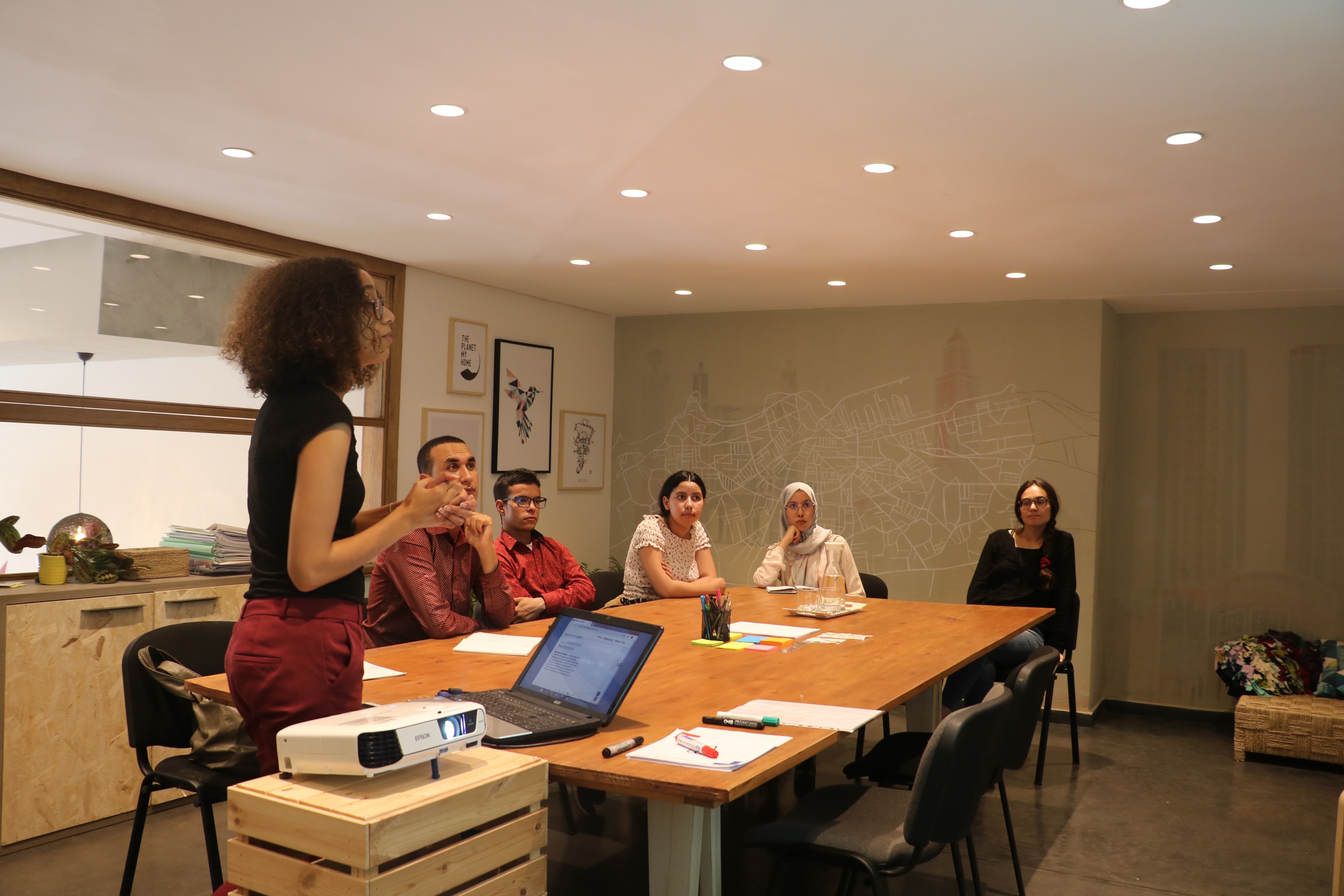Unique Ways to Get More Involved With Your Child’s School and Education
Every parent knows that education is a vital part of every child’s growth and development. It’s not just a place where they learn everyday skills like math, history, and English, it’s also a place where they can hone their social skills and become important members of society. As you watch your kid journey through their years in school, you can do more than just take a backseat. Besides attending parent-teacher conferences and signing report cards, there are a bunch of ways you can participate in your child’s education. Today we’ll share with you five unique ways parents can dive deeper into their child’s academic world, helping to nurture their growth.
1. Be A Part of the School Committees
One incredible way to be involved is to join the school’s committees and boards. These groups don’t just influence school policies, they also create fun community events and guide school culture. Not only does this give you direct communication with your child’s educators who are responsible for shaping their school experience, but it also gives you a chance to influence the way the school operates. As a parent, your perspective on the school is highly valuable; you might understand the kids in a way that teachers and administrators can’t, leading them to make significant changes that benefit the kids.
 Photo by Claire Nakkachi on Unsplash
Photo by Claire Nakkachi on Unsplash
2. Volunteer for Extracurricular Activities
We all know that learning goes beyond the chalkboard and walls of the classroom - by volunteering for extracurricular activities like clubs, sports teams, or theatre productions, you’re getting an inside look at all the wonderful opportunities schools can provide. It also gives you a chance to help out your kids and all the other students! Your involvement with these activities allows you to spend time with your kids and their peers in a more casual, relaxed environment. The bonds you build here can translate into building a more positive and inclusive school culture that benefits everyone.
 Photo by leah hetteberg on Unsplash
Photo by leah hetteberg on Unsplash
3. Organize Parent Workshops
Here’s an interesting one for you to consider. It can be very valuable to recognize that every parent has a unique set of skills and experiences that can be helpful to others. WIth this in mind, why not create a parent workshop or discussion group that allows parents to get together and share topics they feel knowledgeable about? While it’s important your kids feel comfortable in their school community, it’s also great if the parents could build a strong community between themselves too. This way, you can all gather together to discuss insightful ways to improve your children’s education and well-being.
 Photo by Jason Goodman on Unsplash
Photo by Jason Goodman on Unsplash
4. Facilitate a Homework Help Initiative
No matter how dedicated a student is with their homework, there are always moments when they don’t know what to do. In these moments, a helping hand can make all the difference. As parents, you’ve probably had your fair share of experience helping your child with their homework. So let’s take this up a notch by creating a homework help program where a variety of parents can volunteer their assistance. Whether it’s an after-school program where students can drop in for help or a virtual tutoring system that provides more convenience, it’s a great way for parents to get involved. You can even rearrange the subjects depending on the skills and knowledge of the participating parents.
Not only is this a great way to help your children with their education, but it’s also useful for fostering connections among students, parents, and teachers. Because at the end of the day, strong, supportive networks are key to helping students excel in school.
As you can see, there’s so much you can do to be more involved with your child’s school and learning experiences. Don’t be afraid to step out of your comfort zone to discover new ways to engage with the school community. It won’t just benefit you or your child, but it’ll help a massive community of students, teachers, and their families as well.








